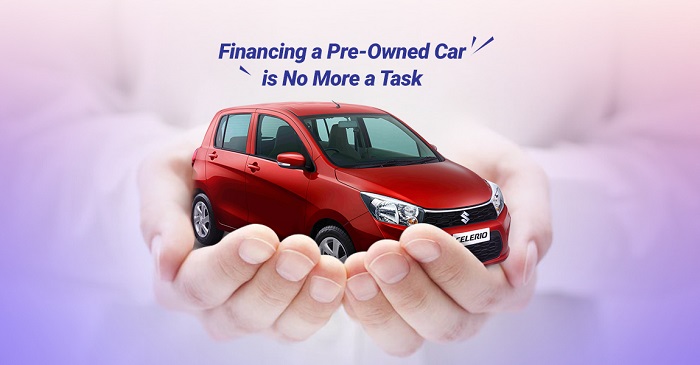Nowadays, owning a car is considered a necessity rather than a luxury. However, buying a new car is often expensive, especially amid a pandemic. Buying a used car is a better option for someone on a tight budget. A second-hand car loan or a used car loan can help in easily affording the four-wheeler.
A used car loan can assist in the purchase of a four-wheeler. Take these factors into account before applying for a pre-owned car loan. Here are nine things to consider before taking out an old car loan.
1. Affordability:
There are numerous options for financing used cars. Many banks and non-banking financial institutions provide loan options for people looking to buy second-hand cars.
2. Vehicle:
When purchasing a used car, choose one with a high resale value and from a reputable dealership. The used vehicle should be between one and three years old. It should not have travelled more than 30,000 kilometres. It is also necessary to match the engine number with the chassis number.
3. Interest rate:
Compare the second hand car loan interest rates charged by lenders to find the best deal. The used car loan interest rate mentioned in the pre-owned car loan agreement should also be double-checked. It should also state the nature of the interest rate, whether fixed or floating.
The rate may vary depending on the vehicle type, credit history, customer profile, etc. Used car loans have slightly higher interest rates than new car loans. Currently, used car loan rates range between 11% and 18%, whereas new car loan rates begin much lower. This includes the number of kilometres driven, the user profile (personal or commercial use), the location of use (cars from flood-prone areas may not be preferred), any accidents or modifications made to the vehicle, and a clear title of the vehicle, among other things. As a result, it is critical that you understand how the car’s price was determined while keeping all of these factors in mind. You can always request service history and odometer records. Good dealers will almost always assist you in obtaining that. A processing fee is also charged, which ranges between 1% and 3% of the car’s value.
4. Repayment options:
When reviewing a pre-owned car loan agreement, the repayment clause, including the flexibility and payment methods, should be carefully read. This varies from lender to lender, and the agreement should make this clear.
5. Documentation:
Before the deal can be finalized, all important documents must be reviewed and completed. These documents include the vehicle’s insurance papers, any loan papers, the registration certificate, etc.
6. Loan tenor:
Verify the loan tenor details as agreed upon by you and the lender.
7. Additional charges:
Look for any additional costs on loans, such as car add-ons. One can also negotiate with the lender to have some fees waived.
8. Effective date:
This is the date on which the loan is disbursed for the first time. All interest calculations begin on this date.
9. Purchase location/dealer:
A person can purchase a car from an unorganized market. However, in order to ensure a credible purchase, one must be extremely cautious of the dealers before making a purchase. Markets that are organized are another good option for purchasing a used car. Cars sold in such markets may, however, be subject to a surcharge.
Summary
When you apply for a used car loan, you have many options. However, keep in mind that if you do obtain the loan, you must be responsible and borrow only what you can afford, to ensure that repayment does not become a burden. This applies to both used and new car loans. Apply and get instant approval on a used car loan or second car loan.

